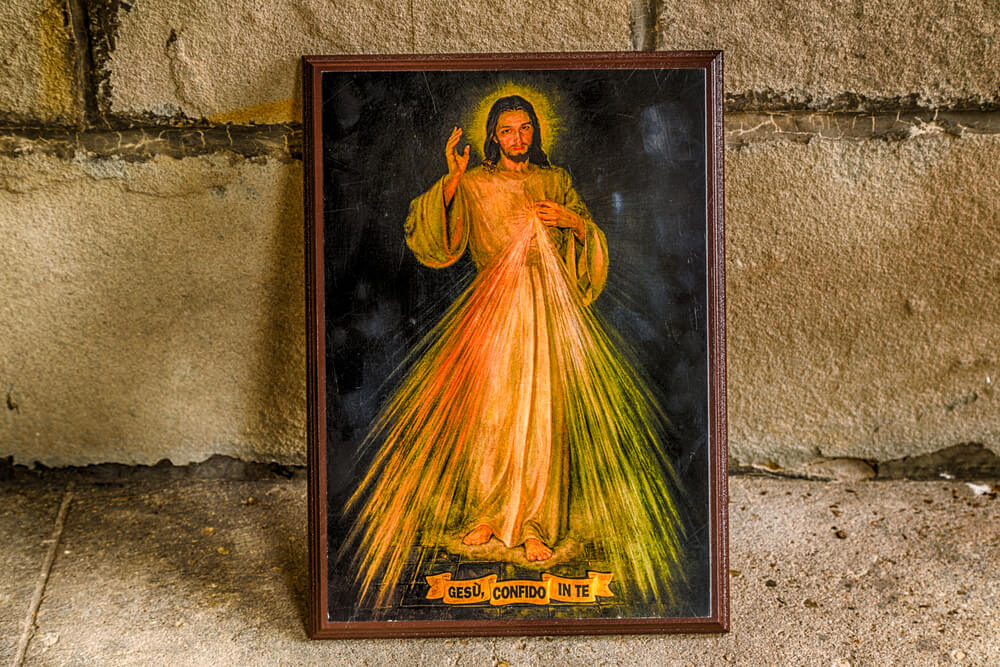Divine Mercy Sunday is a day on which our Lord promised that the floodgates of His mercy would be opened to sinners. The Vatican decreed on May 5, 2000, five days following the canonization of Saint Faustina, that Divine Mercy Sunday would be celebrated each year on the second Sunday of Easter.
The devotion to Divine Mercy and the institution of Divine Mercy Sunday is based on the writings of Polish nun Saint Faustina Kowalska in the Diary of Saint Faustina, which is based on her private revelations about God’s mercy.
“This was precisely the time when those ideologies of evil, nazism and communism, were taking shape. Sister Faustina became the herald of the one message capable of off-setting the evil of those ideologies, that fact that God is mercy—the truth of the merciful Christ. And for this reason, when I was called to the See of Peter, I felt impelled to pass on those experiences of a fellow Pole that deserve a place in the treasury of the universal Church,” said Saint John Paul II in his book Memory and Identity.
According to the USCCB, the Diary of Saint Faustina “records 14 occasions when Jesus requested that a Feast of Mercy (Divine Mercy Sunday) be observed.”
“My daughter, tell the whole world about My inconceivable mercy. I desire that the Feast of Mercy be a refuge and shelter for all souls, and especially for poor sinners. On that day the very depths of My tender mercy are open. I pour out a whole ocean of graces upon those souls who approach the Fount of My mercy. The soul that will go to Confession and receive Holy Communion shall obtain complete forgiveness of sins and punishment. … Let no soul fear to draw near to Me. … It is My desire that it be solemnly celebrated on the first Sunday after Easter. Mankind will not have peace until it turns to the Fount of My Mercy.” (Diary, no. 699)
Our Lord has promised special graces on Divine Mercy Sunday for those who receive Holy Eucharist on that day in a state of grace and with trust in His Divine Mercy. In addition, the Church offers a plenary indulgence for those who meet certain conditions, according to the Decree on Indulgences attached to devotions in honour of Divine Mercy:
“a plenary indulgence, granted under the usual conditions (sacramental confession, Eucharistic communion and prayer for the intentions of Supreme Pontiff) to the faithful who, on the Second Sunday of Easter or Divine Mercy Sunday, in any church or chapel, in a spirit that is completely detached from the affection for a sin, even a venial sin, take part in the prayers and devotions held in honour of Divine Mercy, or who, in the presence of the Blessed Sacrament exposed or reserved in the tabernacle, recite the Our Father and the Creed, adding a devout prayer to the merciful Lord Jesus (e.g. ‘Merciful Jesus, I trust in you!’).”


